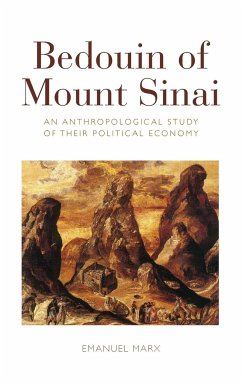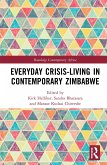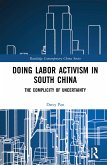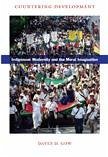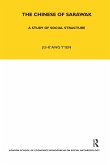The Sinai Peninsula links Asia and Africa and for millennia has been crossed by imperial armies from both the east and the west. Thus, its Bedouin inhabitants are by necessity involved in world affairs and maintain a complex, almost urban, economy. They make their home in arid mountains that provide limited pastures and lack arable soils and must derive much of their income from migrant labor and trade. Still, every household maintains, at considerable expense, a small orchard and a minute flock of goats and sheep. The orchards and flocks sustain them in times of need and become the core of a mutual assurance system. It is for this social security that Bedouin live in and retire to the mountains. Based on fieldwork over ten years, this book builds on the central theoretical understanding that the complex political economy of the Mount Sinai Bedouin is integrated into urban society and part of the modern global world.

